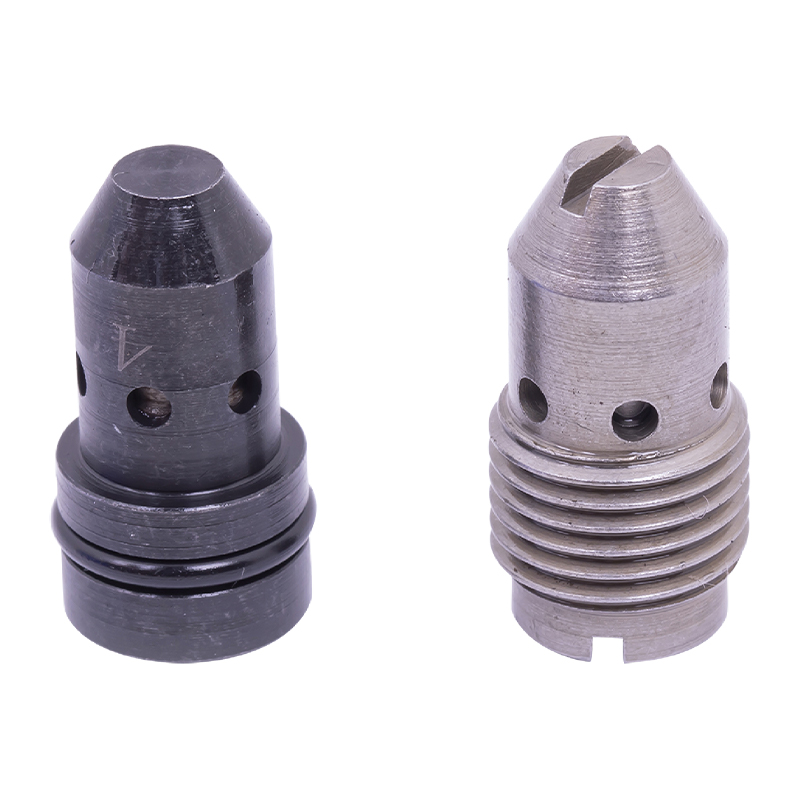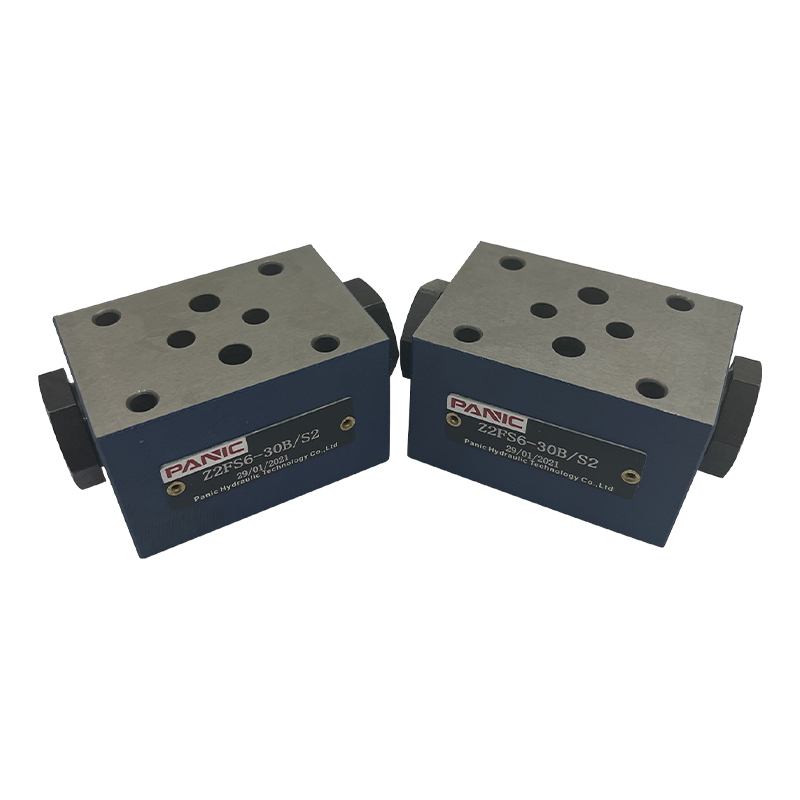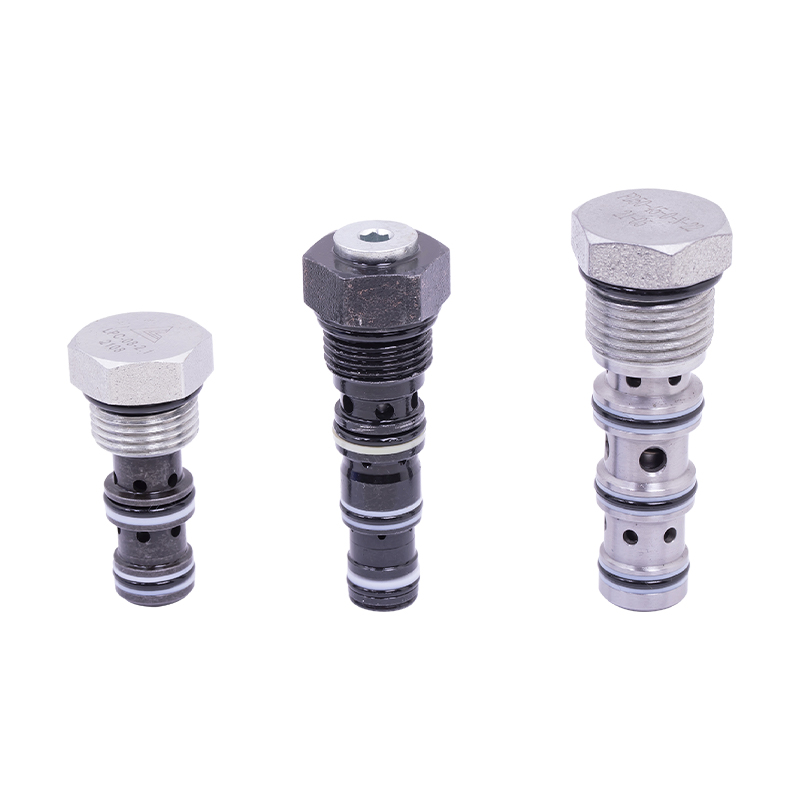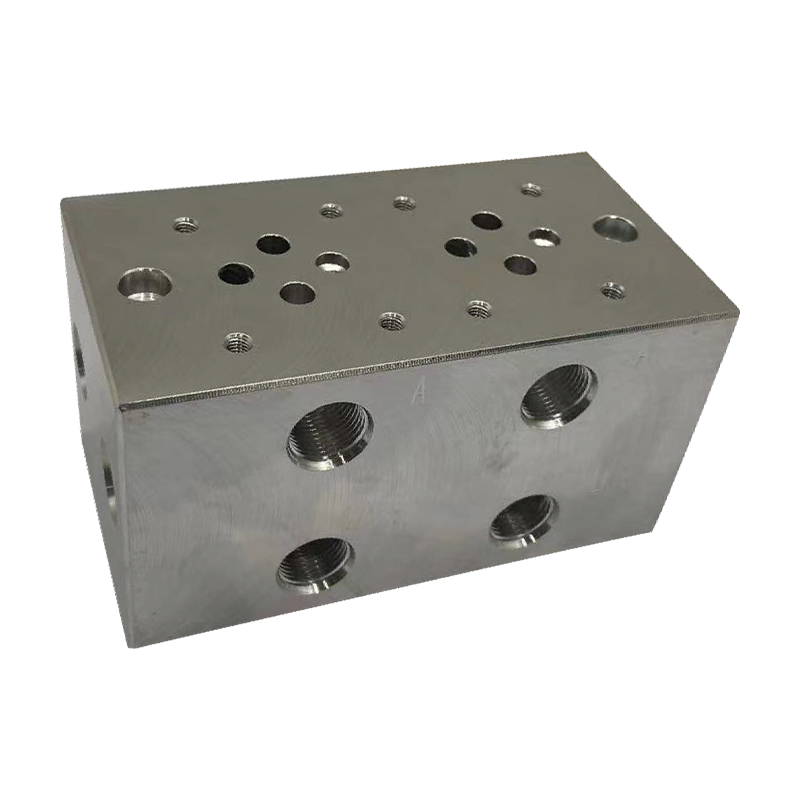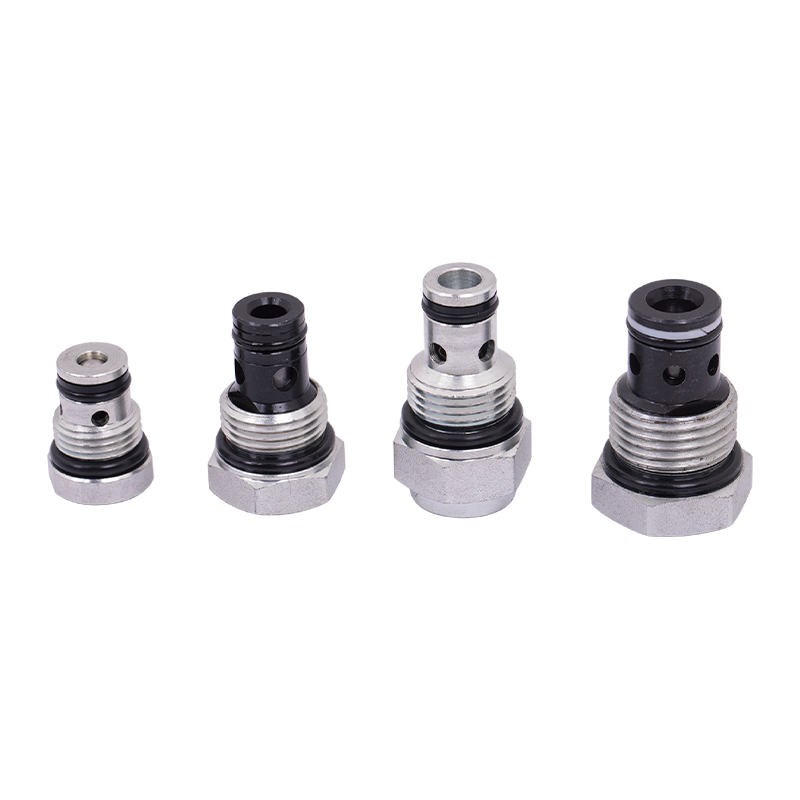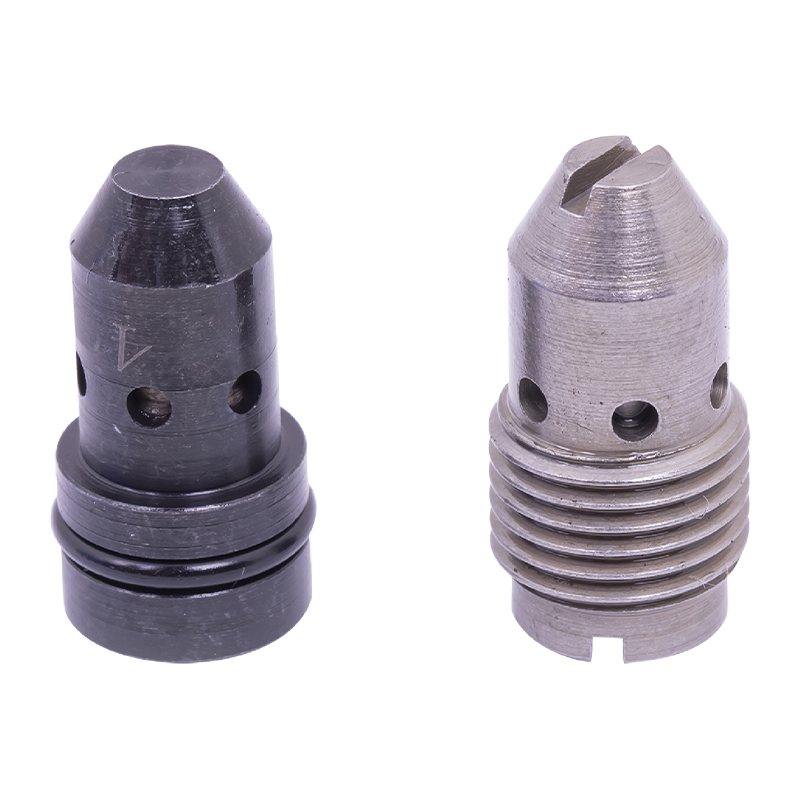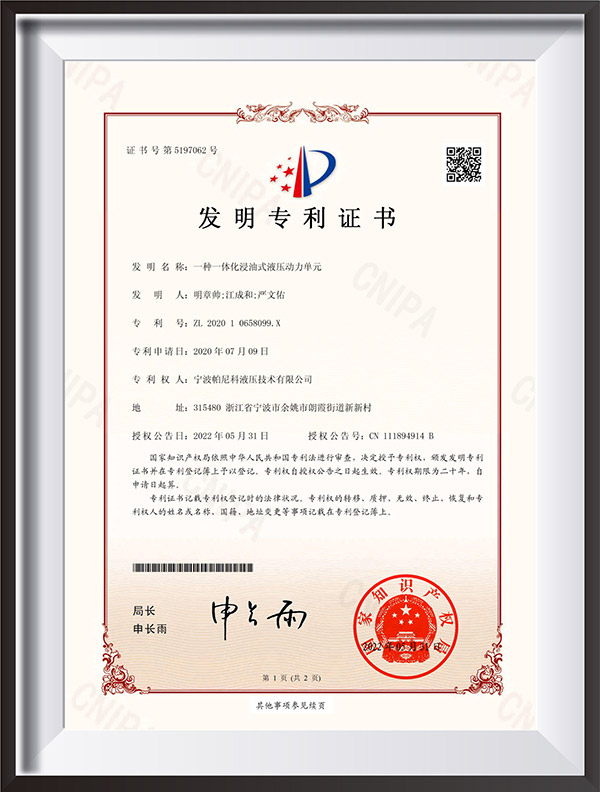The pressure compensation valve is a key component in the hydraulic system to maintain flow stability. It can automatically adjust the valve opening when the system pressure fluctuates to ensure that the flow through the actuator is not affected by pressure changes.
It senses the pressure difference between the inlet and outlet. When the pressure fluctuates, the valve core moves under the action of the spring force and the hydraulic pressure to compensate for the flow deviation caused by the pressure change. It has the characteristics of good flow stability, sensitive response, and a wide range of pressure adaptation, which can ensure the uniform movement speed of the actuator (such as cylinders and motors).
It is widely used in systems with high requirements for flow stability, such as injection molding machines, engineering machinery, and precision hydraulic machine tools, to improve the accuracy and efficiency of equipment operation.


 English
English 中文简体
中文简体 русский
русский